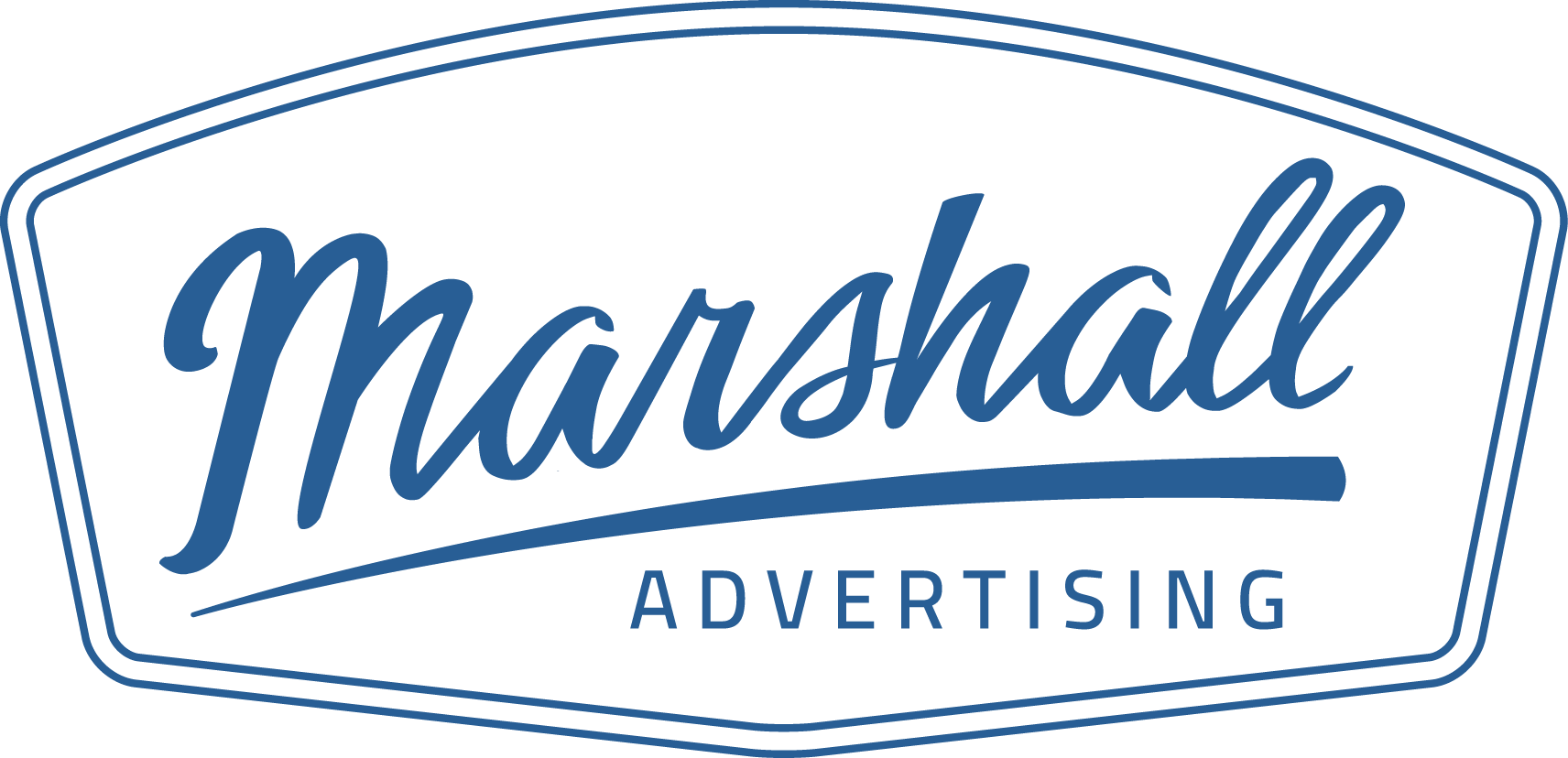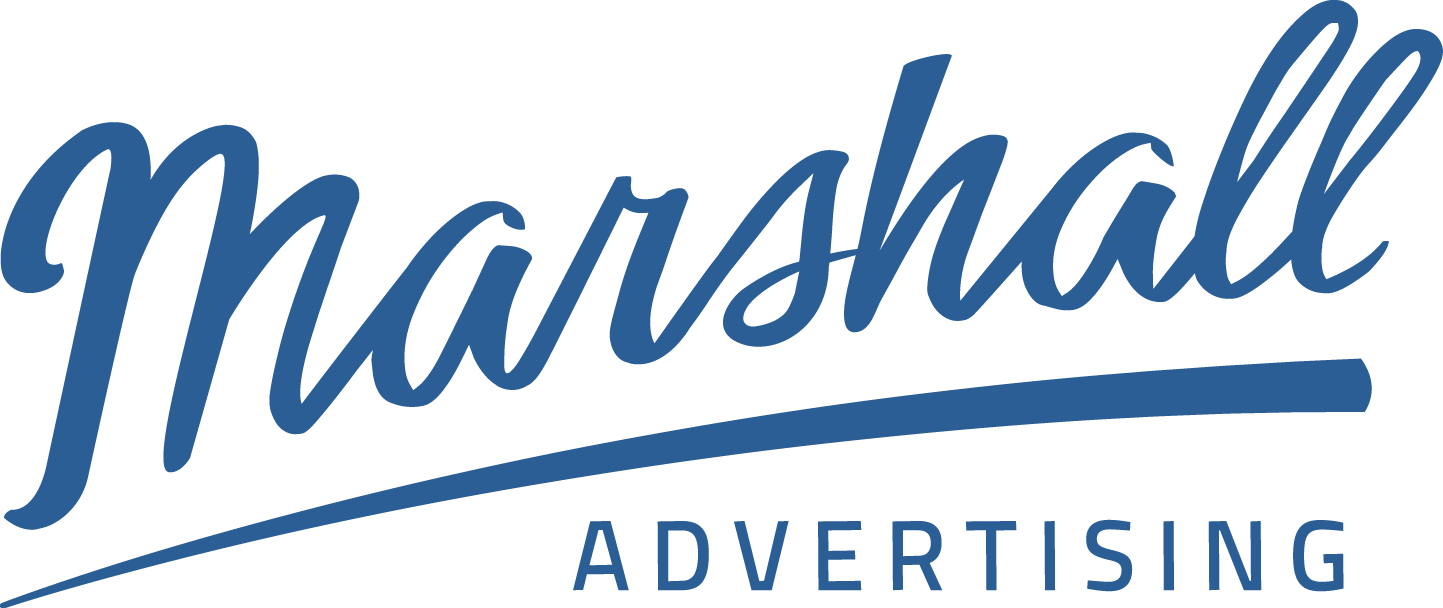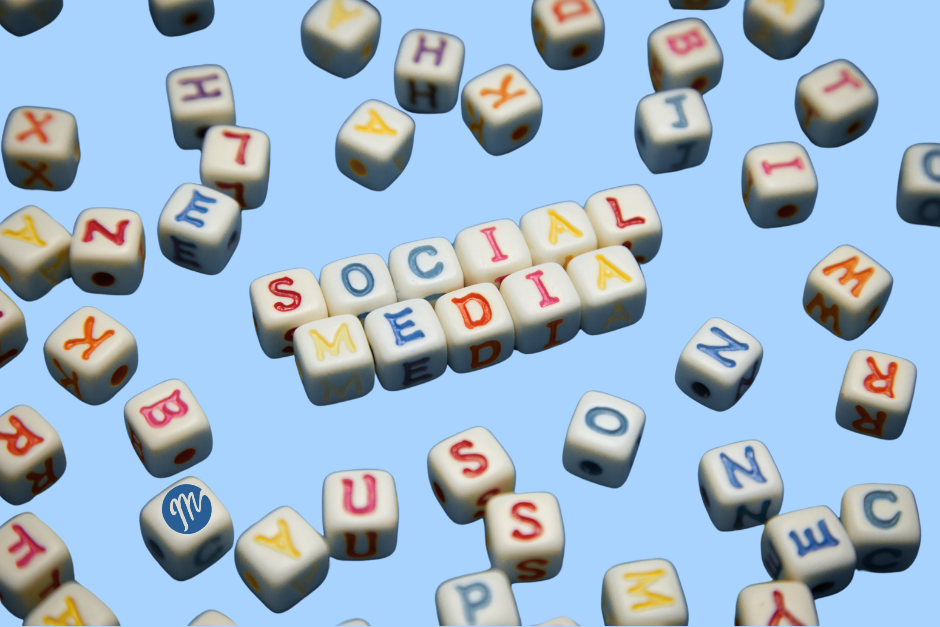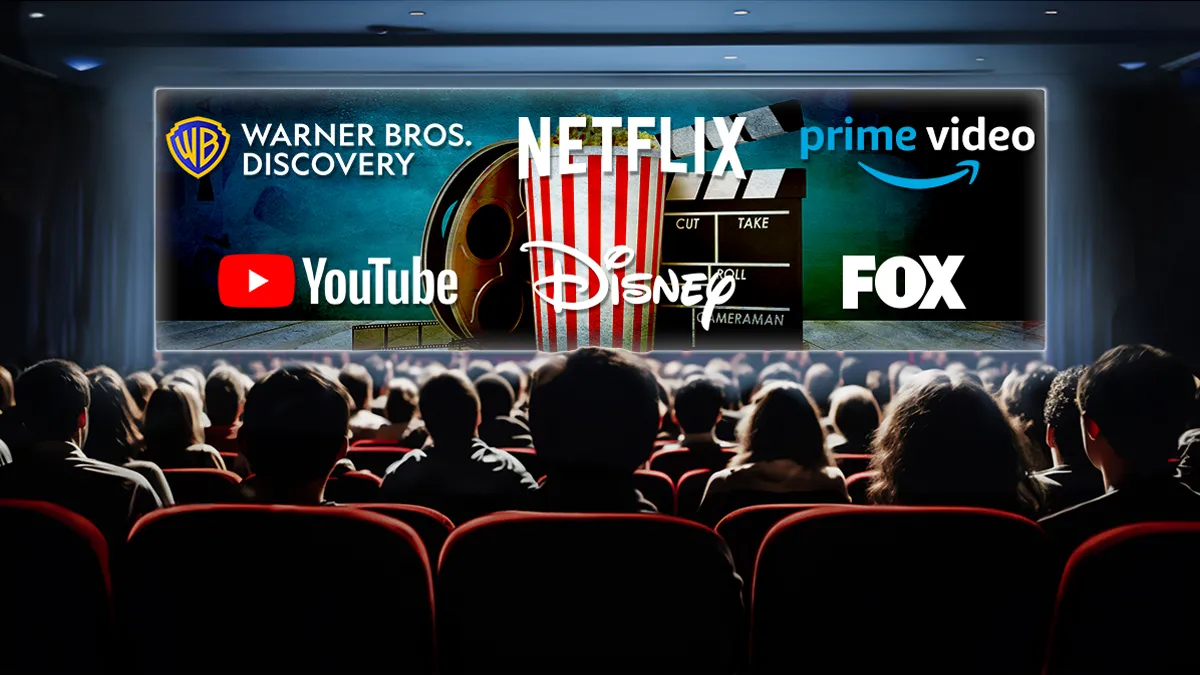By: Traci Kalies
Digital advertising is no longer the “add on” to traditional media buys. There are so many benefits to a digital campaign – the targeting, personalization, tracking, and quick turnaround times – just a few of the reasons that advertisers have flocked to shift media budgets over to digital. In fact, according to the sources’ forecasts, digital advertising accounted for 67% of total ad revenue worldwide in 2022 and is expected to grow even more in the next few years. https://www.statista.com/statistics/375008/share-digital-ad-spend-worldwide/ .
BUT WAIT, we’re starting to hear that there is a possible shift back towards traditional. For the first time in 2 years, experts have started to predict an INCREASE in traditional media spending. A 2.9% increase in fact. The companies that are leading this charge are those that earn 100% of their sales through the internet. Among these companies, an 11.7% increase in traditional media spending over the next year is being predicted (https://hbr.org/2022/04/why-marketers-are-returning-to-traditional-advertising).
What the heck? Why the sudden shift? Let’s look at some factors that are affecting this.
1. What Happens to Your Brand Amidst the Clutter?
Media is cyclical. Companies are always trying to break through the clutter and stand out. As more companies have moved into the digital space, the clutter is at an all-time high. Consumers are frustrated by the constant barrage of ads. Advertising clutter, pop up ads, or ads playing when consumers are trying to watch a video can create a negative brand association.
This negative association can actually hurt your brand through a process called Psychological Reactance. This is a phenomenon that explains the extreme reactions a human being can experience when they feel they are being pushed to make a certain decision. Consumers can subconsciously feel that advertisers are trying to take their freedom away, and this causes a negative connection. This reaction is heightened even more when users are unfamiliar with the brand. (https://www.sciencedirect.com/science/article/abs/pii/S026840121830433X?via%3Dihub)
2. Who Are You Going to Trust?
Do you have advertisement trust issues? You’d be crazy not to! We’ve all been victim to an online clickbait advertisement that was spam, fraudulent, or to an untrustworthy site. The sheer volume of online digital spam has led to trust issues for many consumers.
The top 5 most trusted mediums are all traditional:
-
- Print advertising (82%)
-
- Television advertising (80%)
-
- Direct mail advertising (76%)
-
- Radio advertising (71%)
(https://www.marketingsherpa.com/article/chart/channels-customers-trust-most-when-purchasing)
This level of trust in traditional media leads to higher engagement. In fact, traditional media channels — led by TV, radio, and print — outperform digital channels in terms of reach, attention, and engagement relative to costs (https://www.ebiquity.com/news-insights/research/re-evaluating-media-for-recovery-understanding-the-true-value-of-media-for-growing-brands-during-challenging-times/)
3. Traditional Media Facelift
“Well Great!”, you may say. “But traditional media still can’t hold a candle to digital’s targeting capabilities.” But the future is fast approaching. This ain’t your grandma’s traditional media anymore.
New solutions are quickly coming on scene. Watching live TV on station apps is a traditional/digital hybrid that provides additional reach to your TV buy. There are also new addressable TV solutions that can target viewer segments with precision. Spectrum Cable is also introducing Mixpo tags, which allow dynamic ad insertion into their VOD products.
Digital media has been the next frontier in advertising. Its value is undeniable. In fact, Marshall Advertising was one of the first agencies to jump with both feet into the digital and CTV/OTT space, because we see its value and know how to leverage it. But traditional media is still relevant! Traditional media is integrating more and more tactics to stay as relevant as digital media. Traditional media still has the reach necessary to keep consumers flowing through the top of the marketing funnel. It also provides brand awareness, and trust that motivates buyers!
Let us build a media plan, using the benefits of digital and traditional advertising for winning results.





